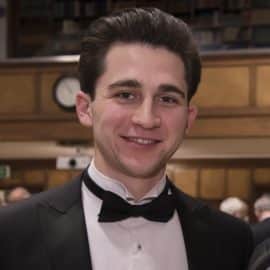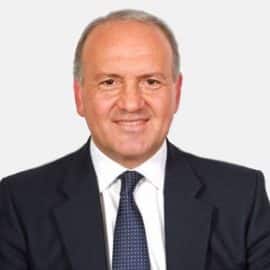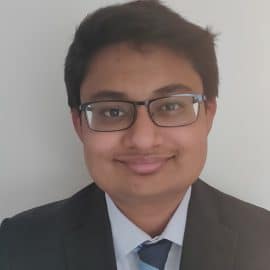Politics
Politics lessons aim to encourage debate and to inculcate a critical, questioning approach to the world and to the individual’s role in society.
Pupils can expect to have their views challenged and must be willing to explain their approach. Discussions frequently continue after boys leave the classroom!
Politics is an A-level course and is, therefore, taught only in the Sixth Form. It naturally leads on to highly regarded university courses, including PPE (Philosophy, Politics and Economics) and Law.
Laying stress on the practice of Politics as well as the academic nature of the subject, teachers seek to produce an understanding of conflicting views, while encouraging boys to give each other mutual respect, regardless of their differences. We ensure boys are able to articulate their position and that they learn to justify it in a logical, but not dogmatic, manner.
By the time they complete the course, pupils will typically have gained a considerably increased awareness of how society functions and of their place in it, acquiring a greater interest in events beyond the parochial. They will appreciate the complexity of the issues faced by governments and the reality that simple, widely accepted solutions rarely exist.
Politics at QE makes extensive use of ‘flipped learning’: pupils research at home using web resources and then attend class prepared to analyse, discuss and assess what they have learned. To this end, news articles and other relevant reading materials are regularly shared via email. All course materials – PowerPoint presentations, extension reading, video lessons and topic guides – are available to pupils on the eQE portal.
Pupils visit Parliament, attend conferences featuring leading politicians and academics, run mock elections and referendums, and organise speakers and debates for the thriving Politics Society. QE Politics students are frequently inspired to become involved in political community matters – in School, at university and beyond.
Old Elizabethans: Route to political success
Norbert Sobolak, a former School Captain, is currently taking Oxford’s famous PPE (Philosophy, Politics and Economics) course, having won a place at Christ Church. Norbert (2009-2016) represented the UK at the European Youth Parliament International Session 2016 and was the Labour candidate in QE’s 2015 Mock General Election. Inspired by an ethic of public service, he hopes eventually to become a professional politician, as many PPE graduates have done before him.
In the meantime, he has already held several officer roles with the Oxford Union – the university’s debating society – and with the university society supporting the charity, Education Partnerships Africa.

Old Elizabethans: Leading barrister's role in high-profile cases
After reading Politics at Warwick University and being called to the Bar in 1983, Ian Stern (OE 1968-1975) has gone on to reach the highest echelons of the legal profession.
He took silk (gained the award of Queen’s Counsel) in 2006, and in the years since then has been involved in several very high-profile cases with political ramifications. These have included the 2013-2014 inquest into the death of Mark Duggan, whose shooting started the 2011 London riots. Following the ‘Plebgate’ incident involving MP Andrew Mitchell, he conducted the misconduct hearings on behalf of the Metropolitan Police.

Upper School pupil: learning to formulate arguments
Kamran Vaishnav particularly values his increasing skills in understanding issues and developing and presenting his own opinions on the fly, which he puts down to studying Politics. “At the European Youth Parliament debating competition, my experience of Politics came in useful, as my studies have really helped me to have a deeper understanding than most.”
He is fascinated by how Politics is so closely related to daily life and how readily accessible resources are, both at School and from home. “I watch or read the news and find that it is always related to Politics.
“I have enjoyed studying Politics and am now looking at taking it further, probably in the form of a combined course such as PPE [Oxford’s famous Philosophy, Poltics & Economics course], although I do not think that becoming a politician is for me!”

